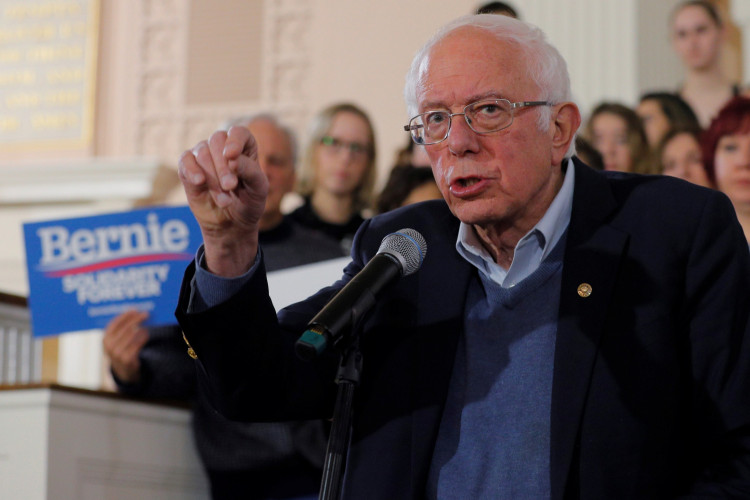Democrats revealed plans to enact a huge reconciliation bill worth more than $3 trillion earlier this summer, led by Senate Budget Committee Chairman Bernie Sanders.
Throughout the summer, the reconciliation bill gained traction, and it includes several of President Joe Biden's plans that were not included in the bipartisan infrastructure package. One item that hasn't made the cut is a fourth stimulus check.
While Sanders and other lawmakers have been mum on why money wasn't put aside for a direct payout, the proposal does contain some evidence.
The package includes funds to cover the long-term impact of the Child Tax Credit changes. The bill also establishes a paid federal family leave program and assures that childcare costs do not exceed 7% of a family's income.
Some analysts, however, are worried that the lack of federal safeguards and programs like unemployment benefits and the eviction moratorium, as well as a new wave of COVID cases, could hinder the recovery.
In the weeks preceding up to the programs' discontinuation, more than nine million people claimed for jobless benefits, and Goldman Sachs estimates that over 700,000 families will be evicted this year.
Sanders, who was not present at the bipartisan negotiations, expressed his disappointment with the lack of progressive initiatives in the package.
In an interview with PBS, he expressed his dissatisfaction with the government, adding that people are "losing faith.""
Californians, on the other hand, have it a little easier.
Governor Gavin Newsom pushed for the $600 stimulus payments. In the first wave of about 600,000 payments, a total of $354 million was paid out. The money began to arrive in recipients' bank accounts in September.
According to California officials, the remainder will be distributed every two weeks. They are essentially a fourth stimulus payment for many citizens of the state.
Payments made under Golden State Stimulus II differ from those made under Golden State Stimulus I earlier this year. Those who typically earned less than $30,000 and received the state's Earned Income Tax Credit, or CalEITC, or who filed their taxes with an Individual Tax Identification Number, or ITIN, received GSS I payments, which consisted of a one-time check of $600 or $1,200.
The scope of GSS II has been expanded to encompass a larger number of California residents. You are eligible for a $600 award if you have lived in California for more than half of the fiscal year 2020 (you must still be a California resident on the date the payment is issued).






